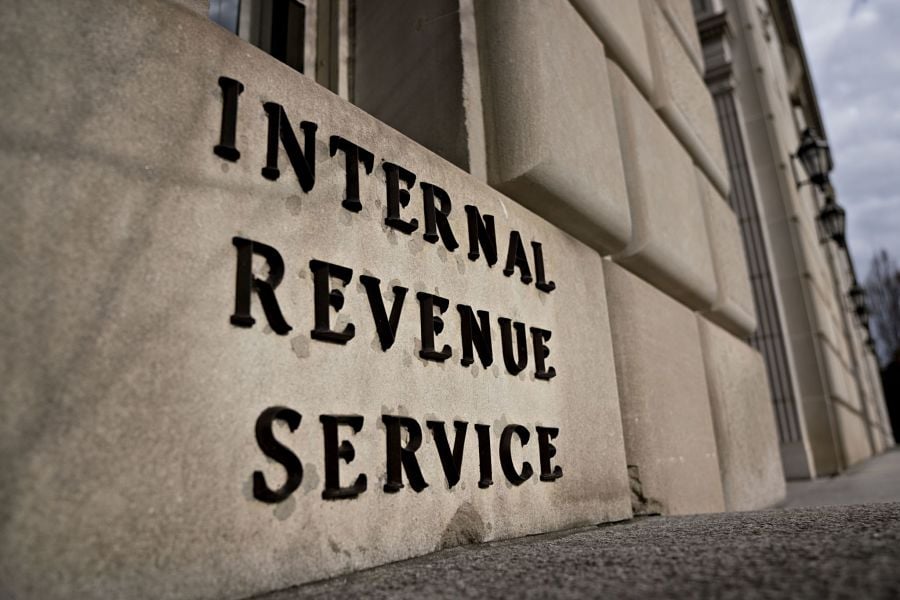

In over 25 years of monitoring financial markets, the volatile emotions generated by taxes have never failed to astonish, particularly the overwrought responses the mere discussion of a change in rates can generate.
It’s a natural fact that anyone who earns a dollar wants to keep as much of that dollar as possible. I do get lost, however, when people argue that they are making investment decisions based on the potential of higher rates — emphasis on the word “potential.”
A current investment decision ought to be made on current facts. One should always model and prepare for changes to the current reality, but the idea of moving money today based on an unknown reality seems a clear abrogation of duties.
Yet whenever discussion of an increased tax rate is followed by the inevitable pronouncements of investors making immediate allocation decisions based on the latest report, I’m reminded of a salient point Warren Buffett made in 2012. Suppose an investor you trust and admire comes to you with an investment idea. Would your reply possibly be: “Well, it all depends on what my tax rate will be on the gain you’re saying we’re going to make. If the taxes are too high, I’d rather leave the money in my savings account, earning a quarter of 1 percent.”
My point being: Prepare for tomorrow, but don’t cost yourself or your clients money today.

Markets digest latest words on trade war, Fed chair’s position.

More advisors are using subscription models for financial planning services.

From Powell to China, president eases back rhetoric.

And profit guidance is set to weaken further in coming quarters.

Gold trades above $3,330 amid mixed tariff signals.
RIAs face rising regulatory pressure in 2025. Forward-looking firms are responding with embedded technology, not more paperwork.
As inheritances are set to reshape client portfolios and next-gen heirs demand digital-first experiences, firms are retooling their wealth tech stacks and succession models in real time.
